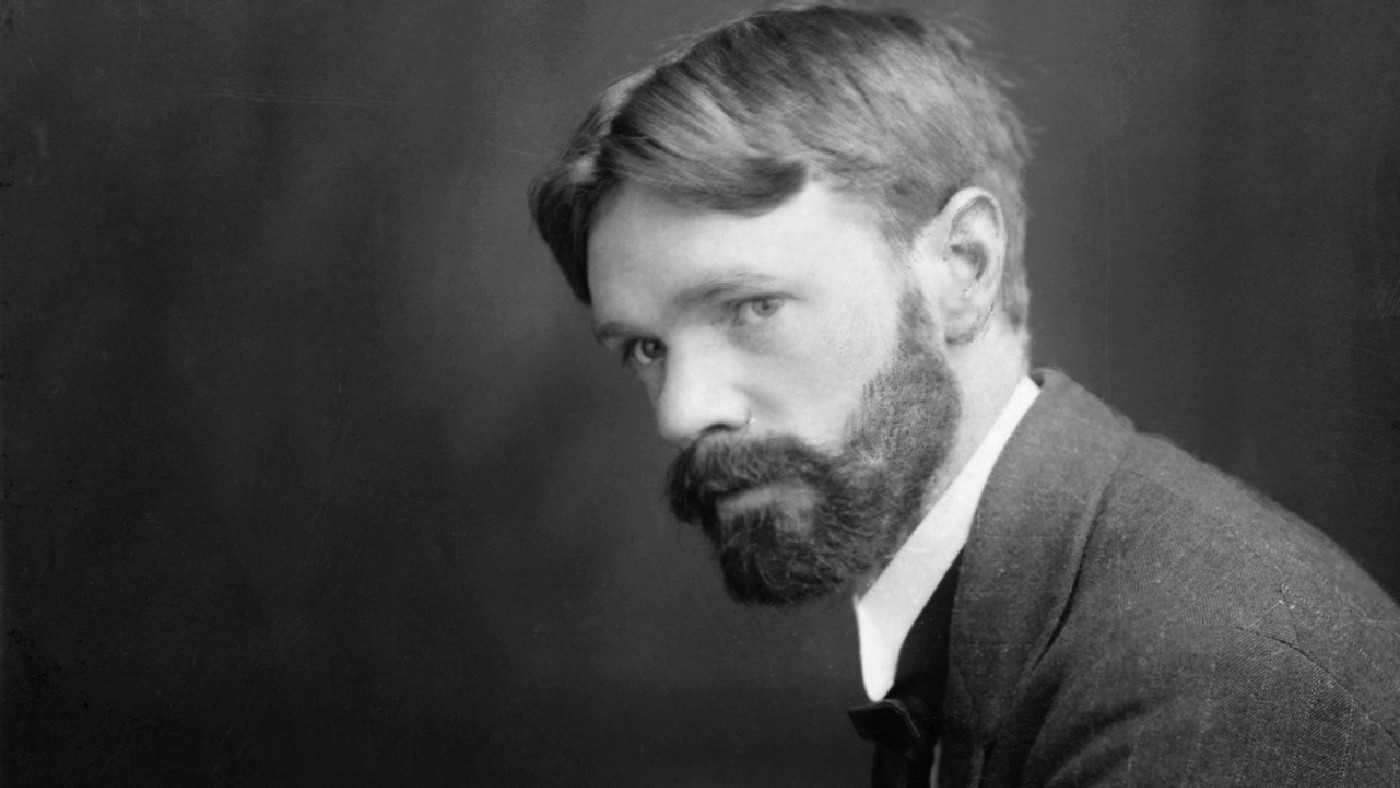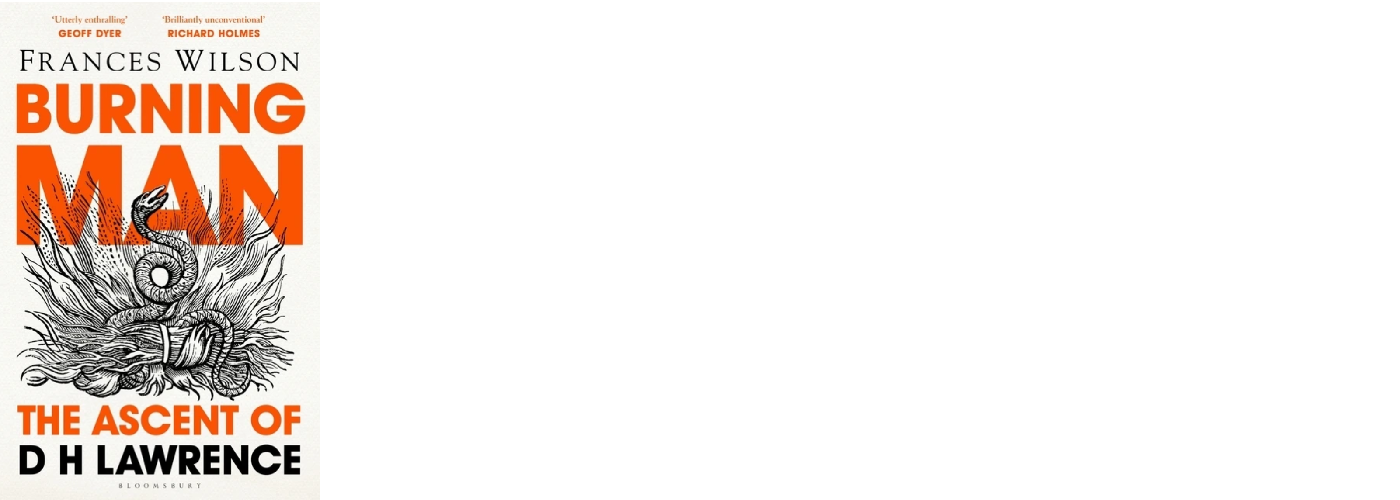Book of the week: Burning Man
Frances Wilson sifts through D.H. Lawrence’s legacy for ‘what remains urgent and alive’

A free daily email with the biggest news stories of the day – and the best features from TheWeek.com
You are now subscribed
Your newsletter sign-up was successful
Frances Wilson produced one of the finest biographies of recent years with her 2016 study of Thomas De Quincey, Guilty Thing, said David Wheatley in Literary Review. Her new work, an equally unconventional biography of D.H. Lawrence, belongs “in the same league”. Lawrence has been in “reputational deep-freeze” since the early 1970s, when feminists accused his work of being patriarchal and misogynistic.
Wilson is undaunted: she bravely attempts to “bring him in from the cold”. Her book focuses on a single decade – 1915 to 1925 – during which Lawrence broke decisively with England, moving first to Italy and then New Mexico. She suggests that the non-fiction Lawrence produced in this period – notably his travel writing about Italy and his essays on American literature – is his finest work. “Articulate and persuasive”, Wilson sifts through Lawrence’s legacy for “what remains urgent and alive”.
This is in many ways a superb biography, agreed John Carey in The Sunday Times. Wilson seems to have read everything related to Lawrence, and her writing about him is gloriously vivid. Yet it does have a striking “peculiarity”: Wilson’s claim that Lawrence self-consciously “structured his life” according to the three phases – Hell, Purgatory and Paradise – of Dante’s The Divine Comedy. Hell, she suggests, was England, where Lawrence was “born in a miner’s cottage in 1885” and unhappily grew up. Purgatory was Italy – a period of flux and self-discovery – while Paradise was the artists’ colony in Taos, New Mexico, founded by the wealthy American Mabel Dodge, to which Lawrence and his wife Frieda moved in 1922. Wilson even goes so far as to suggest that from birth to burial, every house he lived in “was positioned at a higher spot than the last” – so as to imitate the “upward movement” of Dante’s poem.
The Week
Escape your echo chamber. Get the facts behind the news, plus analysis from multiple perspectives.

Sign up for The Week's Free Newsletters
From our morning news briefing to a weekly Good News Newsletter, get the best of The Week delivered directly to your inbox.
From our morning news briefing to a weekly Good News Newsletter, get the best of The Week delivered directly to your inbox.
As well as being inherently unconvincing, this theory feels like an inappropriately “orderly structure” to impose upon a life as chaotic as Lawrence’s, said Philip Hensher in The Spectator. It rather spoils what is in other ways an engaging and accomplished biography. “I cannot recall when last I felt so uncertain of a book’s essential merit, so confused by its intensity, its digressions, the way it disappears down wormholes,” said Rachel Cooke in The Observer. “But equally, I cannot remember the last time one left me feeling so exhilarated, so challenged and absorbed.”
Bloomsbury Circus 512pp £25; The Week bookshop £19.99

The Week Bookshop
To order this title or any other book in print, visit theweekbookshop.co.uk, or speak to a bookseller on 020-3176 3835. Opening times: Monday to Saturday 9am-5.30pm and Sunday 10am-4pm.
A free daily email with the biggest news stories of the day – and the best features from TheWeek.com